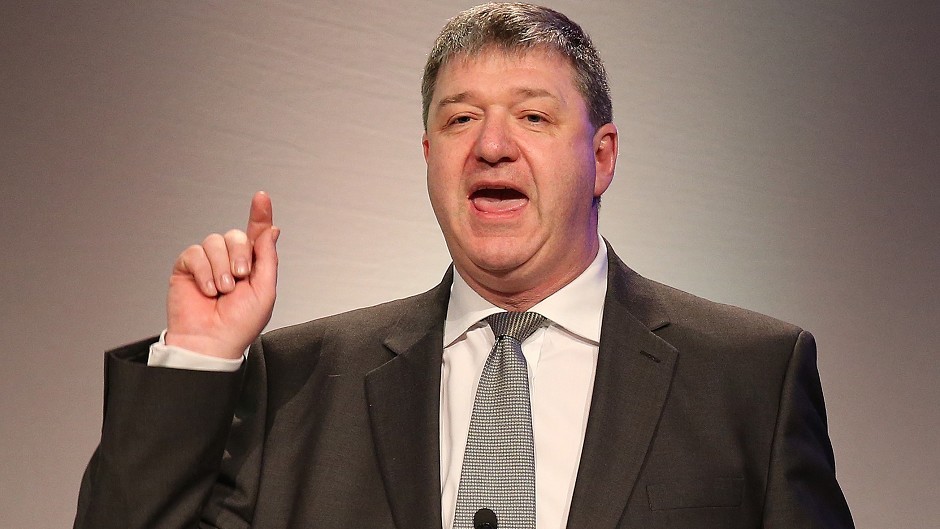The UK Government was left “humiliated” last night over its plans for English Votes for English Laws.
MPs from across the political spectrum argued for more time to scrutinise the policy during an emergency debate secured by former Scottish secretary Alistair Carmichael.
Just two MPs voted in favour of a motion that the House had already considered the matter properly, securing a symbolic victory for the 291 who voted against it.
Senior SNP MP Pete Wishart immediately mocked the Tory government’s “humiliation” over its own proposals and said the only conclusion to be drawn was that it knew it was “staring defeat in the face”.
Orkney and Shetland MP Mr Carmichael warned against fighting nationalism with nationalism and called for the creation of a “proper federal structure”.
Scotland’s only Lib Dem MP also emphasised the “real threat” to the UK if English MPs saw Westminster as an English parliament and said the Conservatives were in danger of losing the right to call themselves Unionists.
Among the Tories who spoke out against the government’s approach were backbenchers Sir Edward Leigh, who stressed the process had to be seen to be fair because the Union was “at stake”, and Peter Bone, who suggested primary legislation was a better way forward.
The plans, which would give English MPs a veto over laws only affecting England, are to be brought in by a change to the rules governing the running of the Commons, known as standing orders, rather than a bill.
Leader of the Commons Chris Grayling said further devolution for Scotland and Wales had to be accompanied by a “louder voice” for England.
Pushed by Labour to clarify whether MPs would be able to table amendments to the proposals – due to be debated next week – he confirmed there would be an “opportunity to debate and vote on more than one amendment”.
Asked by former Labour leader Ed Miliband to define an English law, Mr Grayling replied: “The test is very simple – is it a devolved matter or not?”
